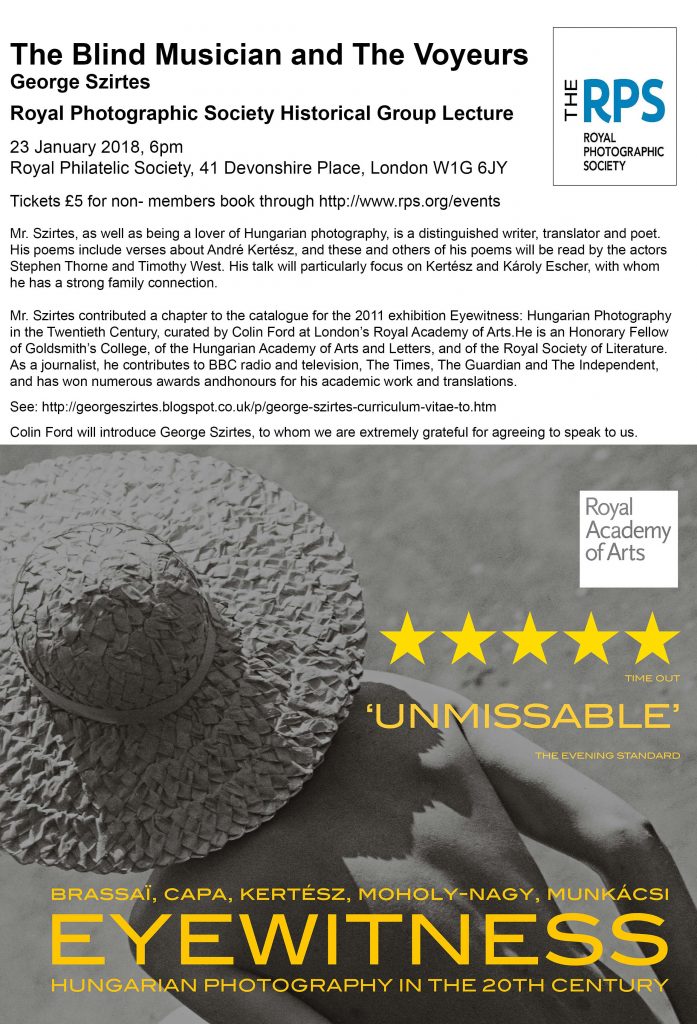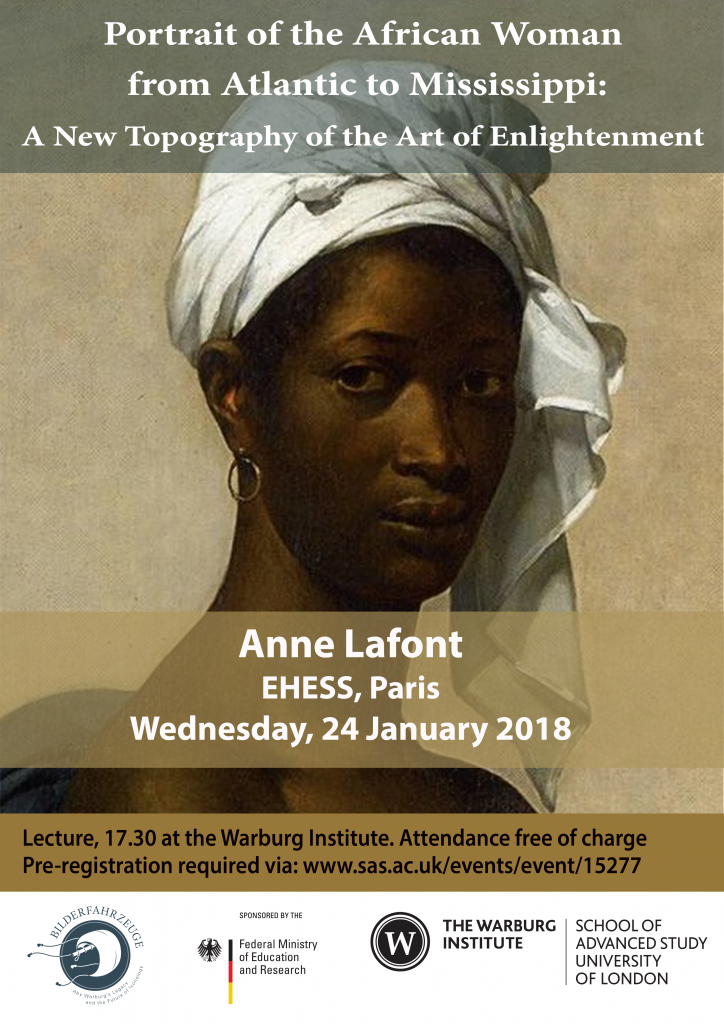Comparing the Contemporary – Student Discussion Group
Spring Term 2018
Wonderful universes lie unexplored at the very doorstep of our libraries, stories and people and histories often given for granted and never fully investigated. Voices from beyond the Channel and beyond the Ocean and beyond the West that have remained unheard. Voices that the sessions of ‘Comparing the Contemporary’ wish to discuss through a series of meetings aimed at travelling the literary world, bringing together the experience of the diverse Birkbeck student body.
You’re invited; come join an informal student discussion group that will widen your horizons and provide fresh perspectives on key issues of contemporary criticism and theory. This discussion group is organised by postgraduate students based in Birkbeck’ Department of English and Humanities, and is open to enrolled students within the English & Humanities Department and beyond with an interest in expanding the scope of their studies to consider non-Anglophone literature and theory. We are MA students but welcome students at all levels, from BA to PhD.
What can comparative analysis say about the literary renditions of World War I across national boundaries? Can we bring postmodern critical concepts such as Baudrillard’s ‘simulacrum’ to bear on The Invention of Morel, an Argentine SF novel published in 1940? These are the sort of topics and texts that this group will seek to explore. The focus is placed on 20th and 21st century primary texts, and critical sources that enable a comparative perspective rather than being limited to one national or linguistic literary tradition. We aim to bring together a group of like-minded Birkbeck students, and the current organisers are MA students. We are not teachers, and we do not purport to be experts in the texts or topics discussed–the goal is that through joint analysis and debate, all the group’s participants can gain a richer understanding of the texts and appreciate the usefulness of comparative analysis to locate literary texts in a global context.
Get in touch with Valentina Salvatierra (MA Contemporary Literature & Culture, vsalvatierrad@gmail.com) in order to sign up for our emails and get access to the shared folder where meeting schedule and texts will be uploaded.
No knowledge of languages other than English is required to participate, as we will be working with texts in translation–although you are welcome to read the original if you know the language.
Meeting structure
We will meet every 2 weeks throughout the Spring term. Each meeting will have a designated chair in charge of starting and guiding the group discussion. The chair will contextualise the text, provide a short extract or clip (if relevant), and a brief critical discussion of the text(s). This should take between 10-20 minutes, and the rest of the session will be dedicated to seminar-style discussion around the topic and text(s). The first two sessions’ topics and texts will be:
Friday 2nd February, 18:00 – 19:00
Room: MAL 630 (Malet Street Building)
The Carnival of War
Primary texts:
- Erich Maria Remarque (1929) All Quiet on the Western Front (chapter 11) Full text: http://explainallquietonthewesternfront.weebly.com/uploads/2/4/7/2/24722875/all_quiet_on_the_western_front.pdf
- Dalton Trumbo (1939) Johnny Got His Gun (introduction, chapter 20)
Full text: http://sgjohnnygothisgun.wikispaces.com/file/view/Johnny_Got_His_Gun.pdf
- Filippo Tommaso Marinetti (1909)“The Futurist Manifesto”
Full text: https://www.societyforasianart.org/sites/default/files/manifesto_futurista.pdf
Secondary texts:
- Kissinger, Henry, Diplomacy, (Simon and Schuster 2011).
- Lenin, Vladimir, “War and Revolution”, (1917).
Full text: https://www.marxists.org/archive/lenin/works/1917/may/14.htm
- Dauterich, Ed. “”Johnny Got His Gun” and Working Class Students: Using Rhetorical Analysis to Intellectualize Pacifism.” Peace Research, 42 (2010 1/2) pp. 127-41.
Friday 16 February, 18:00 – 19:00
Room: MAL 629 (Malet Street Building)
Speculative fictions: North and South
- Baudrillard, Jean, and Arthur B. Evans, ‘Two Essays (“Simulacra and Science Fiction” and “Ballard’s Crash”)’, Science Fiction Studies, 18 (1991) <https://www.depauw.edu/sfs/backissues/55/baudrillard55art.htm>
- Bioy Casares, Adolfo, The Invention of Morel (1940) [extracts to be supplied]
- Heinlein, Robert, ‘—And He Built a Crooked House—’, Astounding Science Fiction, February 1941, pp. 68–83 <http://bit.ly/2GisUG6>
If you wish to moderate or get involved in the organisation of the group, we would love to hear from you. Please get in touch with the organisers Carmela Morgillo (camorgil@gmail.com) or Valentina Salvatierra (vsalvatierrad@gmail.com) to discuss the details. We also welcome suggestions for texts or topics for discussion, and the schedule is flexible and open to modification depending on participants’ interests.
. . Category: Archived Reading Groups . Tags: 20C, 21C, All Quiet on the Western Front, Baudrillard, Bioy Casares, Contemporary, English and Humanities, Heinlein, Johnny Got His Gun, Marinetti, Remarque, The Futurist Manifesto, Trumbo


